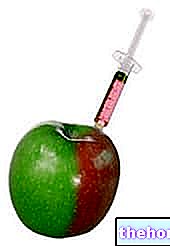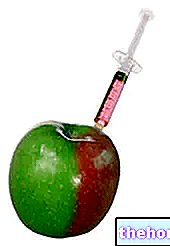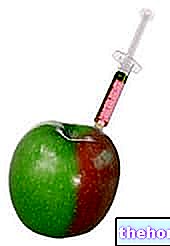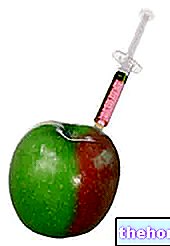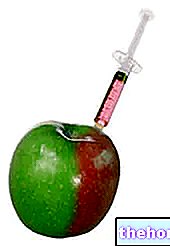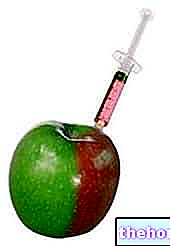E280 - PROPIONIC ACID
Propionic acid, which belongs to the category of acidifying preservative additives, can be obtained both naturally and synthetically. Propionic acid is produced, in the form of the ester of Coenzyme A, from the catabolism of fatty acids and also from the catabolism of some amino acids. Furthermore, it is produced as the final compound of their anaerobic metabolism by bacteria of the genus Propionibacterium (which commonly colonize the stomachs of ruminants and human sweat glands).
Propionic acid is a very common product in nature and is presented in the form of a corrosive liquid, colorless and with an acrid odor.
In 1844 Johann Gottlieb described and isolated this acid, for the first time, from the breakdown products of sugar; propionic acid, however, was defined and identified only in 1847, thanks to the French chemist Jean-Baptiste Dumas, who renamed it according to the nomenclature known to us which means "first fat", which symbolizes the fact that it is the first compound in the series of fatty acids.
Propionic acid is used as a preservative additive, especially for bread and other baked goods, being an inhibitor of mold and some bacteria growth.
Propionic acid (and its salts) are normally used in small doses, but the dosages also vary greatly depending on the various foods. It is in fact a compound that must be dosed very well due to its intense smell.
Propionic acid is often present in cheeses, bread (salts are particularly used), baked goods (salts are particularly used), packaged bread, pizza, biscuits, crackers, etc.
The salts of propionic acid (propionates) are:
- E281 SODIUM PROPINATE: This salt is often found in baked goods, but is suspected to cause migraines and / or digestive upset. It is used together with the other salts, as a preservative, mainly against fungi. ADI DOSE: /
- E282 CALCIUM PROPINATE: this salt is often present in bakery and pastry products. It is used together with the other salts, as a preservative, mainly against fungi. ADI DOSE: /
- E283 POTASSIUM PROPINATE: this salt is often present in bakery and pastry products. It is used together with the other salts, as a preservative, mainly against fungi. ADI DOSE: /
Propionic acid esters are sometimes also used as solvents or as artificial flavors.
In addition to the aforementioned functions, propionic acid is also used to treat "athlete's foot", an "inflammation caused by a fungus which, due to the humidity present for sweating, settles between the toes where "it is easier to take root." It is a common contagious infection that appears more frequently in the warm months.
It is also used in the synthesis of pesticides and drugs, in particular NSAIDs derived from propionic acid.
It seems that these compounds do not cause negative side effects to the subjects who consume them.
ADI DOSE: /


